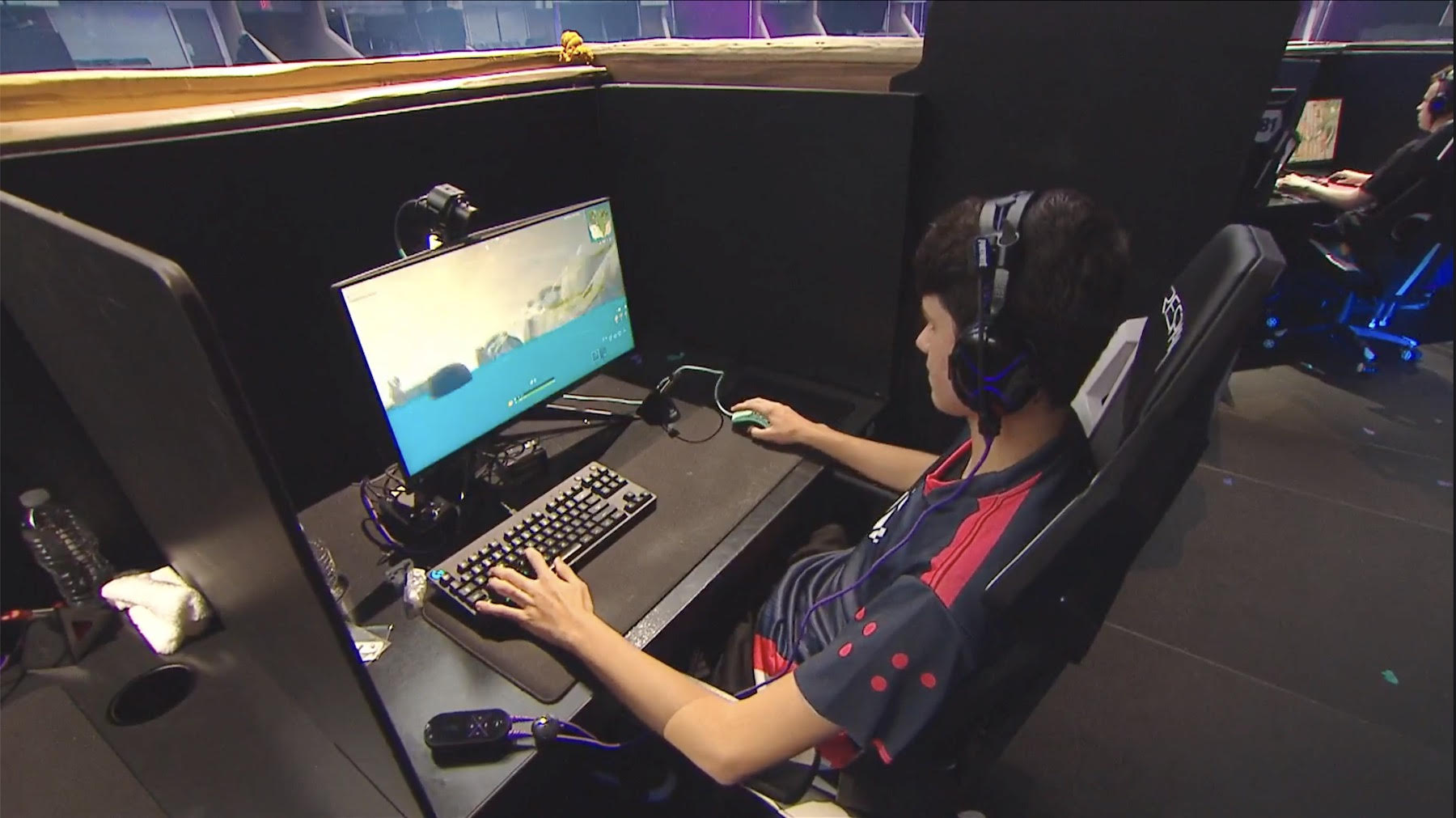Di Teresa Pia Iacuone
E-Sport: electronic sports, the innovation in the world of sports, based on video games
competition, is appreciated by many, neglected and/or hated by others. The real question is:
is it correct to call it “sport”? sport is defined as “the set of motor activities that engage – at a
competitive or exercise level – the psychophysical abilities of the athlete, who carries out a
discipline for amateur or professional purposes”. Can a video game meet these
requirements? Not entirely, as it is not a motor activity (except for a few cases) involving ,
physical abilities or performances. Perhaps it would be better to simply define them as
games.
But there is another definition of sport, probably more modern and compatible with the needs
of our time, provided by SportAccord, the association including all the biggest international
sports federations. It presents the characteristics that a sport should have: “having an
element of competition; being in no way harmful to any living creature; do not rely on
equipment provided by a single supplier; do not rely on any “luck” element specifically
designed into the sport.”
SportAccord also states that a “sport can be primarily physical (such as rugby or athletics),
or intellectual (such as chess or Go), predominantly motorised (such as Formula 1 or
powerboating), or based on co-ordination (such as billiard sports), or animal-supported
(such as equestrian sport)”.
According to this definition, video games can be included in the category of “mind sports”,
just like chess.
In addition, it is necessary to specify the detail that competitive players are required to
practice physical exercise to be healthy to the fullest of potential.
So, basically, we can justify the name of sport for video games, simply by adding “electronic”
in front, at least for competitive.
Naturally, not all video games are eSports: The principal genres are Real-Time Strategy
(RTS), Fighting, First Person Shooter (FPS), Massively Multiplayer Online (MMO), Driving
Games, Multiplayer Online Battle Arena (MOBA). Another element to consider is the impact
over people. Over the past decade, there has been a huge following for the competitive
gaming world, not only in terms of awareness but also from an an economic point of view :
analysts expect earnings of $ 1.5 billion by 2023.
In December 2014 Rob Pardo, one of the creators of World of Warcraft, one of the most
common video games in the world, put forward the proposal to make electronic sports an
Olympic discipline.
The IOC, the International Olympic Committee, recently stated that any opening should be
limited to involving only virtual variants of real sports disciplines and not games separate
from them to attract young people to the classic Olympic disciplines, leveraging esports to
lead the public to the traditional offer.
Certainly, esports do not need to be part of the Olympic games to move forward, but what do
you think? Would it be nice and correct to integrate them?
